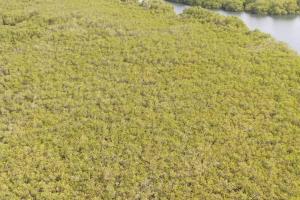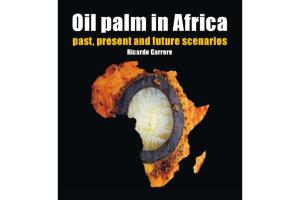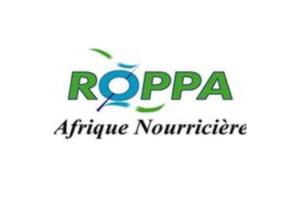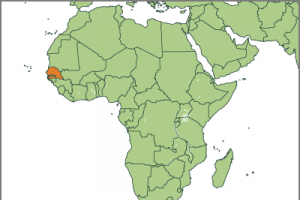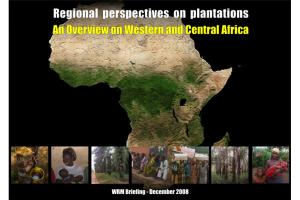Climate chaos is tangible in the Saloum Delta. Fishing-dependent communities face substantial impacts, which are accentuated by the fishing industry and the fossil fuel industry. A reforestation project of mangrove trees, funded by Shell, has now turned into a carbon project, which will exacerbate the climate impacts for communities. Among the profiteers from the fossil fuels’ extraction in Senegal is BP and Shell.
Senegal
Bulletin articles
22 July 2023
Publications
30 August 2013
Governments are opening the doors to corporations for planting vast areas of land with oil palm plantations. This trend is not only happening in West and Central African countries, but is even expanding to parts of Eastern Africa. Large scale oil palm plantations are already causing serious environmental and social impacts in some countries, resulting in loss of community rights over their territories.
Bulletin articles
30 December 2012
Representatives of the CNCR member farmers' and producers' organizations, as well as other national platforms member of the ROPPA (Network of West-African Farmers' and Producers' Organizations), met from 20 to 22 November, 2012 in Dakar in the framework of the international forum "Family farms constitute the primary food and wealth suppliers in West Africa".
Publications
15 December 2008
Oil palm and rubber plantations occupy extensive areas in many countries in tropical Africa. In spite of their social and environmental impacts, until now they have received scant attention both at the national and international level.
Other information
28 August 2004
Senegalese exposure to European trade started in 1444 when the Portuguese established trading posts along the coast on the river Senegal: Goree (which eventually became a major slave transit post), Rufisque and along the south as a whole.
Bulletin articles
31 July 2003
Senegal has announced it will not grant any new permits for quarrying and mining in the country's 233 forest conservation areas. The government of Abdoulaye Wade has said it will encourage companies already operating there to move out as part of efforts to reduce deforestation and protect the environment.
Bulletin articles
11 February 2003
Two different natural ecosystems go to make up the Popenguine-Guéréo natural reserve, located 45 km to the south of Dakar, capital of Senegal: a continental part with rugged hills covered by a primary forest and a maritime part, mainly consisting of a rocky habitat where fish come to spawn.
The zone was classified in 1986 as a natural reserve with a view to reversing degradation from deforestation, depletion of meadows and successive droughts that had led to a considerable loss of biodiversity.
Bulletin articles
12 July 2001
For many years, fuelwood use and charcoal production have been blamed for deforestation throughout the South, though this has seldom been the truth. In the case of Senegal it is clearly false. Charcoal is a major energy source in this country, where its capital city Dakar consumes 90 per cent of all the charcoal produced from the forest. However, forests are not even close to exhaustion, and regeneration after woodcutting is reported to be quite robust.
